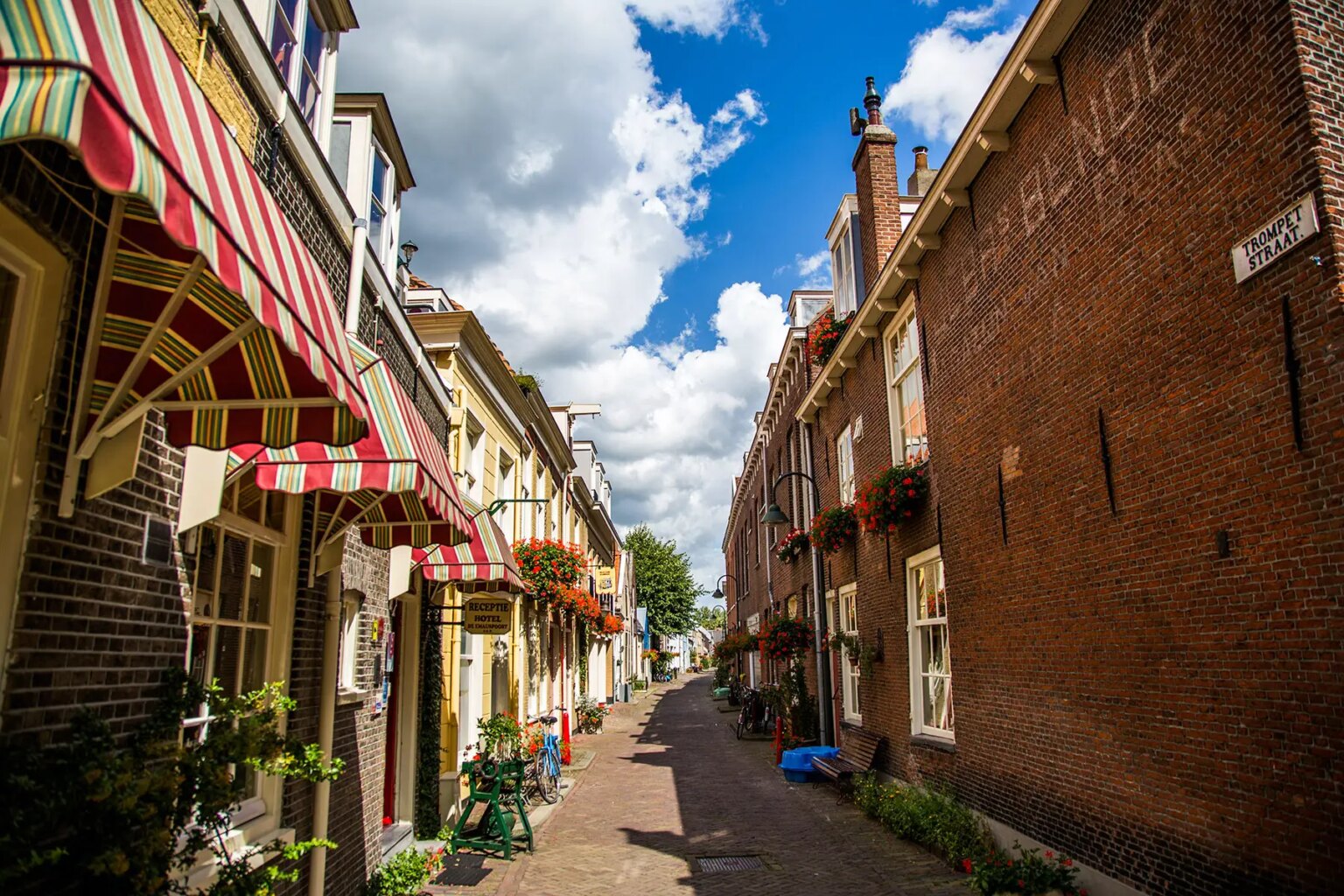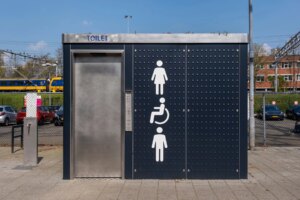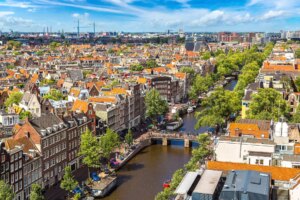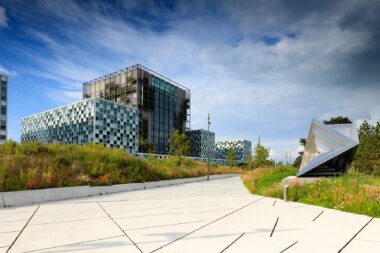In 2003, BBC World Service broadcast an interview with a professor from the University of Michigan who had devised a method of measuring happiness. Previous life satisfaction surveys tended to link circumstances such as income and marital status to feelings of well-being but the outcomes left the researchers with two major question marks. The first was the very small effect of circumstance on life satisfaction.
Self-reported happiness among the Japanese, for example, did not increase for more than thirty years though income increased fivefold over the same period. Also, following an initial high, lottery-winning multi-millionaires were not significantly happier than a group of paraplegics. The second puzzle was a surprisingly large difference in life satisfaction in seemingly similar countries, even from one American state to the other.
Studies about quality of living
The main finding of well-being studies, however, has been people’s remarkable ability to adapt, even to extreme changes such as war or bereavement. Happiness and unhappiness seem to become neutralised over time. In turn, this is linked to people’s aspirations – pleasure or pain is evaluated against one’s hopes and dreams.
Trying to sidestep the above conundrum, the Michigan professor defined three paths to happiness –a life of pleasure, a life of engagement and a life of meaning. His research put the Dutch and the Scandinavians top of the global league table. But in the radio interview, he couldn’t altogether pinpoint what makes for happiness. The climate? Well, no! Wealth had already been ruled out firmly. His conclusion, therefore, was that sustained happiness results from a high perceived level of stability and democracy.
Other surveys, too, seem to confirm this conclusion. The Unicef report “An Overview of Child Well-Being in Rich Countries” that came out in February 2007 put Dutch children as the self-reported happiest and British children as the unhappiest of 24 OECD countries. Yet Dutch children didn’t, overall, possess more books or computers, go on holidays more frequently or have other clear material advantages over British children.
Now look at another statistic – that of teenage suicide rates. The Scandinavian countries and the Netherlands, the ‘happy people’ have seen a significant increase over the last two decades, in England and Wales (but not Scotland) the incidence has significantly decreased.
Social and political choices
So, the question still is: What is it that makes the Dutch happy? To get a handle on this society and at the same time understand why it is so hard for expats to carve themselves a social life here, you should know that Dutch society is organized in ‘pillars’ (zuilen). Originally, the ‘verzuiling‘ (to coin a new word, ‘pillarification’) was to do with religious denomination – belong to this church or that and you belong to such or so a social group. Broadcasting corporations were formed on the basis of religion – VPRO is protestant, KRO is catholic, EO is evangelist – and were allocated a share of the overall broadcast time on the public channels according to the numbers of their membership.
Political parties, too, were mostly denominational but only became a force to be reckoned with in 1980, when they merged into the CDA (Christian Democratic Appeal). Ever since, in ‘my book’, politics, policies and legislation have represented the center, the average, the mediocre.
Over time, the pillars have shifted towards divisions of educational and professional attainment. The Netherlands has had a highly selective education system since at least 1968 (the ‘Mammoth’ Education Act). Given that the number one factor for educational success is a high parental educational attainment level (or conversely, the number one risk factor for school failure is a low parental attainment level), it’s easy to see that the better-placed your parents are, the better you’ll do in the selection.
So it is that politicians and journalists, virtually without exception, come from a privileged, elitist, sheltered background; that manual laborers beget manual laborers; that a future architect is not likely to meet a future bricklayer, let alone a colored immigrant, and a future doctor is unlikely to know unemployment or hardship of any kind. In other words, Dutch children grow up and spend their entire lives with birds of a feather. They’re not confronted with how the other half live. In fact, they tend to be blissfully ignorant of lifestyles, ambitions, norms, and values other than their own.
In the UK, only one in seven children from a deprived background makes it through the ranks. In Holland, it’s possible in theory to do so but it’s an extremely long-winded process and increasingly less common in practice.
School selection, officially by competence but in real terms by social environment, is exacerbated by the stated objective of the Dutch education system – all children must leave school with a ‘start qualification’, meaning with a diploma that ensures employability. Of such overriding importance is the diploma, the job and the salary become that the unwritten purpose of an education system – producing socially responsible, aware, autonomous young adults – falls by the wayside. Instead, the system produces economic units, the workers of an ant colony.
If children of all shapes and sizes do not come into contact with each other, how will they ever learn respect for one another, learn to value the diversity that makes for the rich tapestry of life?
This is the context in which Dutch children self-profess happiness and ‘connection’ with their peers. As long as they stay within the safety of their pillar, they will have an excellent quality of life. From within, the pillar is perceived to be stable so they are free – and affluent enough – to pursue whatever definition they give to happiness. Yet the pillars, each with its own level of programming, inhibitions and restrictions, are also quite stifling. This, I think, might begin to explain the rising suicide rate.
Quality of life in the Netherlands
The Expatica ‘quality of life’ survey enquired into air quality, schools, health care, public transportation and so forth. On the whole, I imagine, the sum total of such factors isn’t notably better or worse in Holland than in other Western countries. So I have been conducting my own little survey, asking both expats and Dutch folk what is good and bad about Holland. Most expats, of course, are here for their careers or relationships and are grateful to have that opportunity.
But their quality of life is marred by the lack of acceptance into a social environment. At best, one Neapolitan and one Columbian asylum seeker said “it’s peaceful here”. An American said “the best thing about Holland is its large international community”. The Dutch have mostly defined the Calvinism and the thinking inside the box (or pillar) as the worst of Holland. On the positive side are the legal, education and health care systems and the overall standard of living. “There’s a lot of places in the world that are much worse”.
I rate my own quality of life in Holland as all-time low. Sure, I have a roof over my head, I eat and drink every day, I own clothes and shoes and many other things that make my life fairly comfortable in the material sense. My child’s not likely to be kidnapped and our chances of perishing in a natural disaster or famine are close to nil.
Those are criteria that make for contentment, though. My definition of happiness is nothing to do with material well-being and everything to do with the quality of the people around me. I’ve had more warmth in four minutes from a poor farmer on a bus in Mexico than I’ve had in four years from my next-door-neighbour. There’s more laughter, music and poetry in a Brazilian street-child than in all of the rioting Dutch pupils together. I miss the dynamic of the British pub – a pin-striped barrister and an Alfred Doolittle of a painter and decorator, still in overalls, setting the world to rights over an early pint. What makes me tear my hair out in Holland is that the very people who should legislate to make us ‘happier’ truly haven’t got a clue. Not of what it takes to build yourself a life in a foreign country, not of poverty or disability, not even of their own society. If everything’s well in their own social grouping, surely other groups or individuals who struggle have only themselves to blame?
It is this near-total absence of compassion with the less well-placed, the now deeply-rooted lack of a sense of privilege – of having been born white in a wealthy Northern European country without a worry about your daily bread or the roof over your head, let alone your opportunities in life – that I detest most about the Dutch.
And what, for me, is good? I am deeply grateful for the education I had here that’s stood me in good stead through many a crisis in my life. I love the vast expanse of the coastal countryside between Breskens and the border at Sluis, the lakes in Utrecht and Friesland. I think the Kröller-Müller is among the best museums in the world. Finally, the Dutch are very generous.






